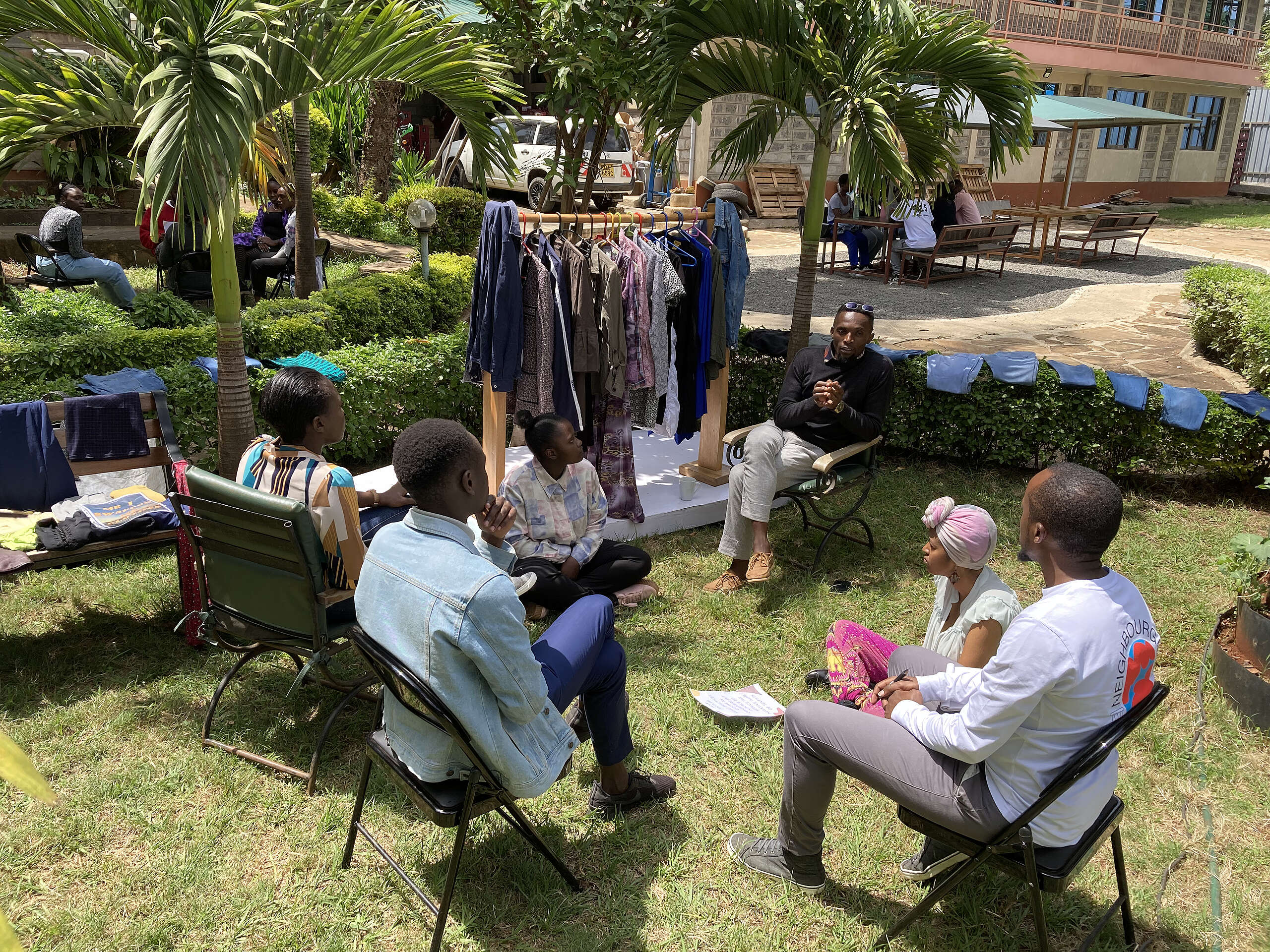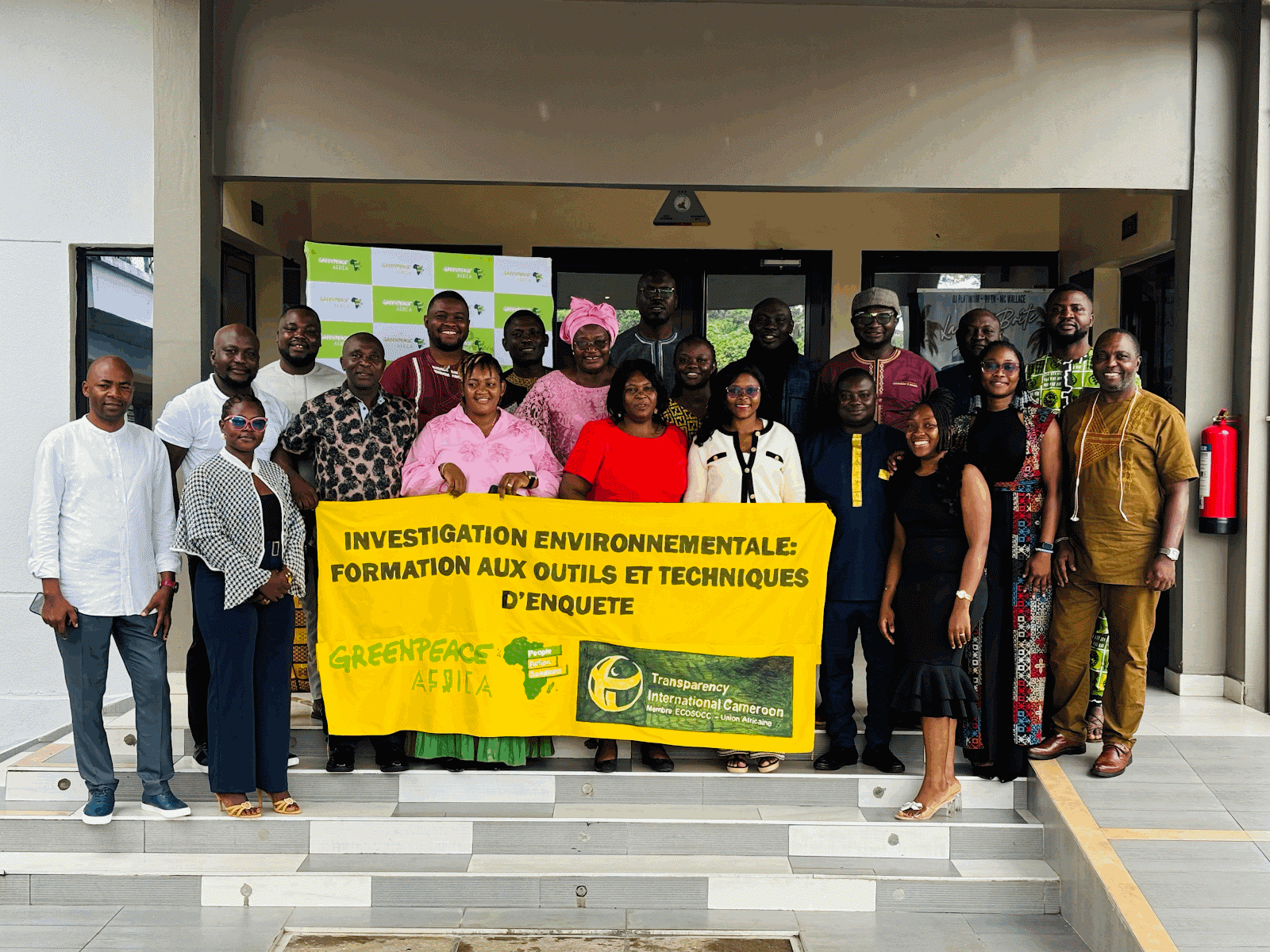In recent weeks, South African citizens have all had the chance to view the revival of the Theatre of the Absurd: statements made by senior ANC officials have shown them trying to present their botched policies of the past three decades as victories. Instead of offering convincing solutions to South Africans who are collapsing under a dysfunctional energy system, Minerals and Energy Minister Gwede Mantashe and the ANC’s Secretary-General Fikile Mbalula have come on stage wearing their failures as badges of honour.
Speaking at the Wits Business School’s Energy Transitions Leadership Masterclass, Minister Mantashe said, “Loadshedding is a consequence of access.” Less than a week earlier, Secretary-General Mbalula boldly proclaimed, “You may not have water, but you have a tap in your yard, delivered by the ANC.” .
Yet we need no creative redressing of archaic dirty energy policies as success stories. We need genuine success. Coal dependency and the failure to act on it timeously has stoked the massive socio-economic challenges underpinning South Africa’s poly-crisis.
South Africa has a history of ignoring or delaying taking action on expert advice — notably, the government’s failure to heed the warning of South Africa’s looming energy crisis. In 1998, then Minister of Minerals and Energy Penuell Maduna warned that Eskom’s generation capacity at the time would be fully utilised by 2007, stating, “…although 2007 seems a long way off, long capacity expansion lead times required plans to be put in place in the mid-term so the needs of South Africa’s growing economy can be met.” Again, in 1990, warnings that The City of Cape Town’s water resources would deplete within 17 years were ignored, culminating in the devastating “Day Zero” witnessed in 2017. The same sluggish response characterises the government’s response to multiple crises, including the climate crisis.
The responsibility for loadshedding falls squarely on the shoulders of our leaders, who looted state resources destined for Medupi and Kusile, leading to time and cost overruns and that capped expenditure on infrastructure maintenance. Even still, equipped with the knowledge of Eskom’s declining market share and the growing share of private generators and prosumers, our leaders will repeat the same mistakes. Desperate to save face, they conjure divisive mistruths to create confusion and delay decisive progress. Wind energy has been pivotal in avoiding two stages of loadshedding during 2023. Unless the government can recognise and embrace the potential of renewable energy to mitigate the energy crisis, we will be trapped in the cycle of blackouts.
Minister Mantashe decried civil society utilising the courts to halt the gas projects, citing civil society as an obstacle to South Africa realising energy security. The Minister was seemingly referring to the Sustaining the Wild Coast NPC and Others v Minister of Mineral Resources and Energy and Others, a judgement that determined that Shell and the DMRE failed to uphold administrative justice by not effectively consulting with and notifying interested and affected parties and communities that hold customary and fishing rights of the approval of the exploration right or its subsequent renewals.
Minister Mantashe needs to realise that South Africa’s energy future does not lie in expensive vanity projects that will export toxic fossil fuels elsewhere and make Africa even more inhabitable. If that’s his vision, it will meet wall-to-wall resistance, everywhere across the country. Our future will depend instead on democratising access to energy.
In his so-called “master class,” Minister Mantashe showed he has remained resistant to the prominent role that needs to be played by renewables in energy security.
The Minister’s myopic view does not paint a good picture of our government. The South African government can choose to be a driver of a just transition of about 100,000 citizens employed by the coal industry to alternative, healthier and more reliable energy sources, or watch idly as the energy poverty divide deepens. After the Minister’s talk at the Wits Business School, South Africans won’t have much confidence that the Cyril Ramaphosa-led government will end its dithering on the Just Transition. Loadshedding will not end through theatrical politics, but through sensible, progressive energy policies. Will the ANC government step up to deliver them?



